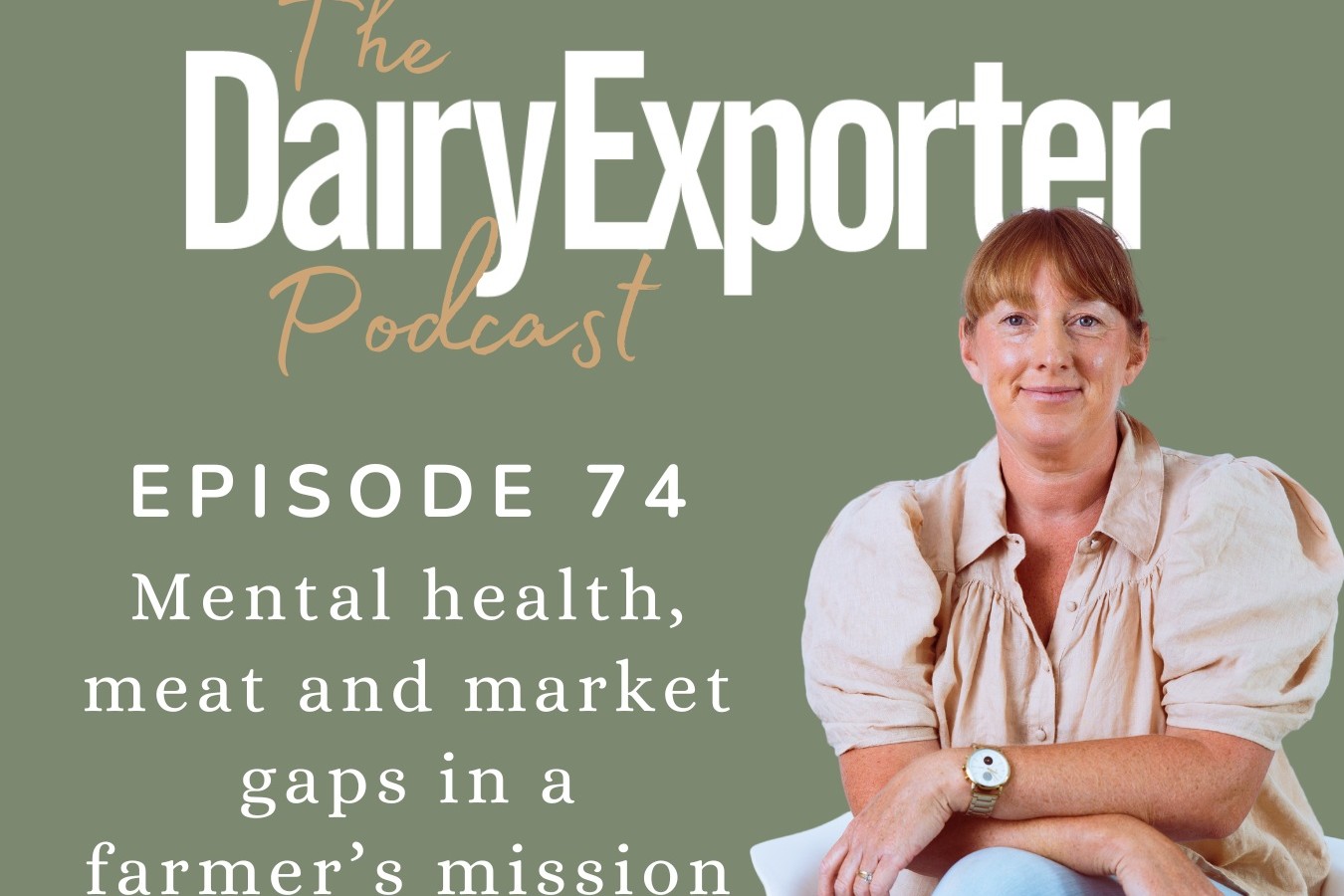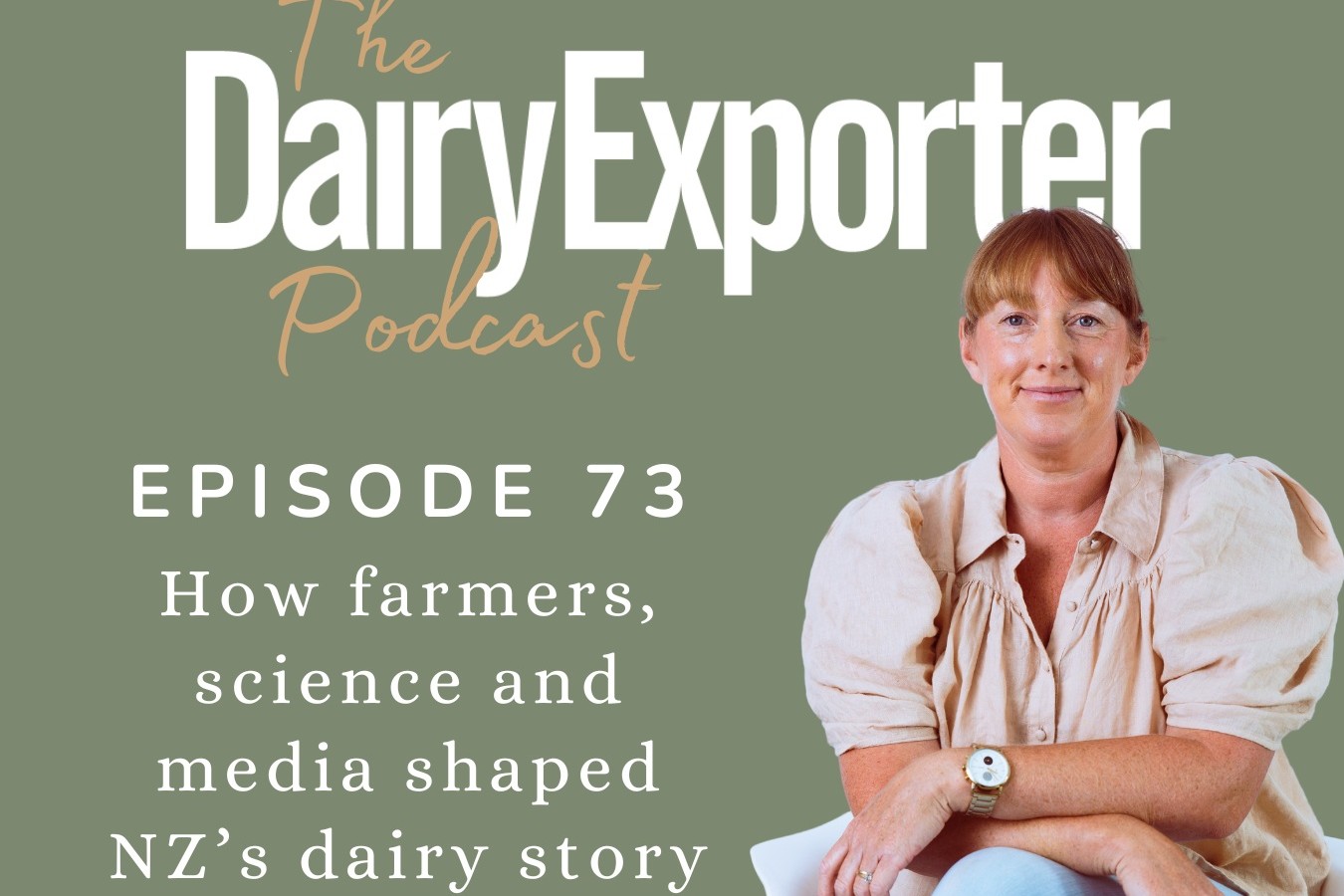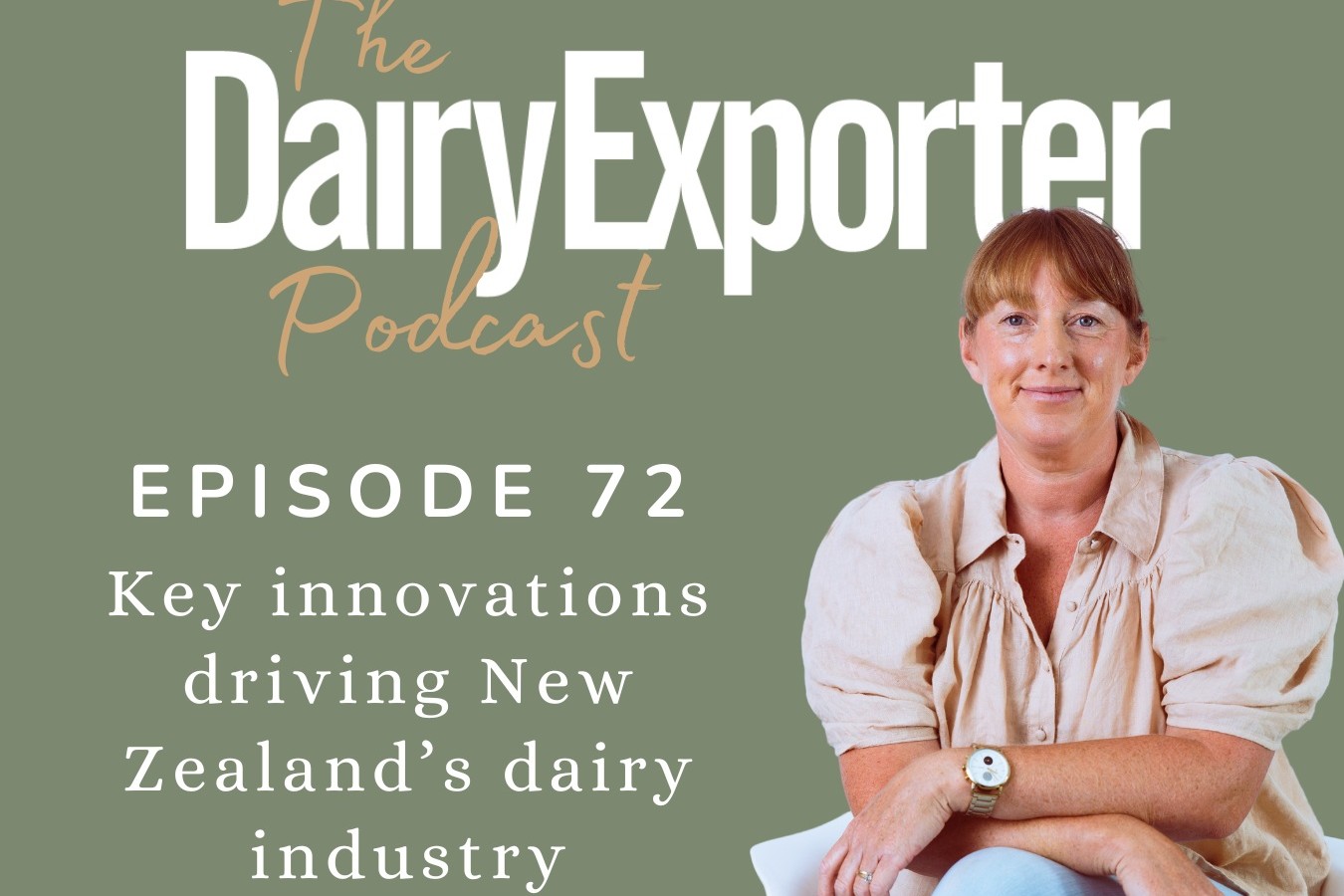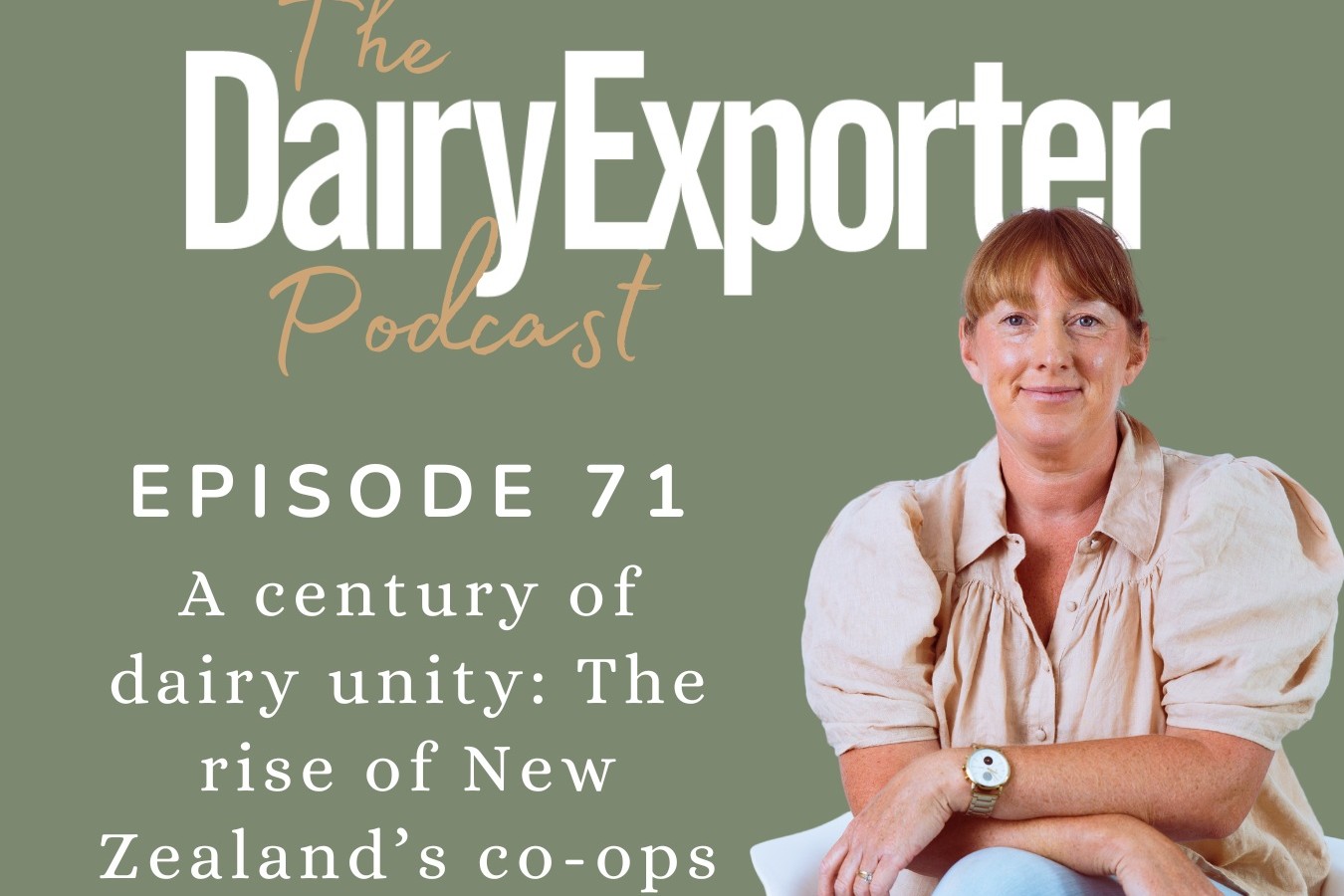Episode 22 – Balancing environmental obligations with profitability
There is a global race happening to reduce emissions from dairy farming with more solutions potentially becoming available to housed-cow systems. So where does that position New Zealand’s pastoral model?
A big part of the emissions conversation is also around regenerative agriculture. Global companies such as Nestlé, Danone and Mars have all set targets to source more products from regenerative agriculture so what does that mean and how do New Zealand farmers fit into this definition of regenerative agriculture?
Hear from three different agribusinesses about how the dairy industry is working to meet emissions targets.
Guests include:
- Margaret Stuart, Director of Corporate Affairs and Sustainability, Nestlé Oceania
- Charlotte Rutherford, Director of Sustainability, Fonterra
- Wayne McNee, CEO, AgriZero
Hosts:
- Sheryl Haitana, Editor, Dairy Exporter
- Anne Lee, Deputy Editor, Dairy Exporter
Nestlé Oceania’s Margaret Stuart says they have both a business and moral imperative to find ways of reducing the impacts of climate change. Dairy makes up 21% of their emissions, and they’ve put a focus on ensuring any changes are fair to the farmer, including by providing incentive payments and funding research.
She says at the moment New Zealand farmers have the advantage of a pasture based system, but this shouldn’t make them complacent.
Fonterra’s Charlotte Rutherford says regenerative agriculture is rising in popularity globally and for Fonterra, it is a massive opportunity. New Zealand farmers are already doing really well on the likes of Nestlé’s scorecard when it comes to regenerative practices because of our pastoral systems.
Charlotte says the NZ dairy industry is amongst the lowest emission producers and the cooperative is absolutely on track to reduce onfarm emissions by 30% by 2030, but NZ has to work hard to keep up with the leading pack in the emissions race.
AgriZero is a joint venture between the private sector and the government, focusing on reducing methane and nitrous oxide emissions from livestock. Unlike similar projects globally, they are focusing on finding solutions for farmers in pastoral systems.
CEO Wayne McNee says the 2030 targets are ambitious, and go beyond the targets set by the government, but it’s given them a really good push to find ways for farmers to significantly reduce their emissions. He says they’ve done this to meet standards being set by both their overseas customers but also overseas governments.





